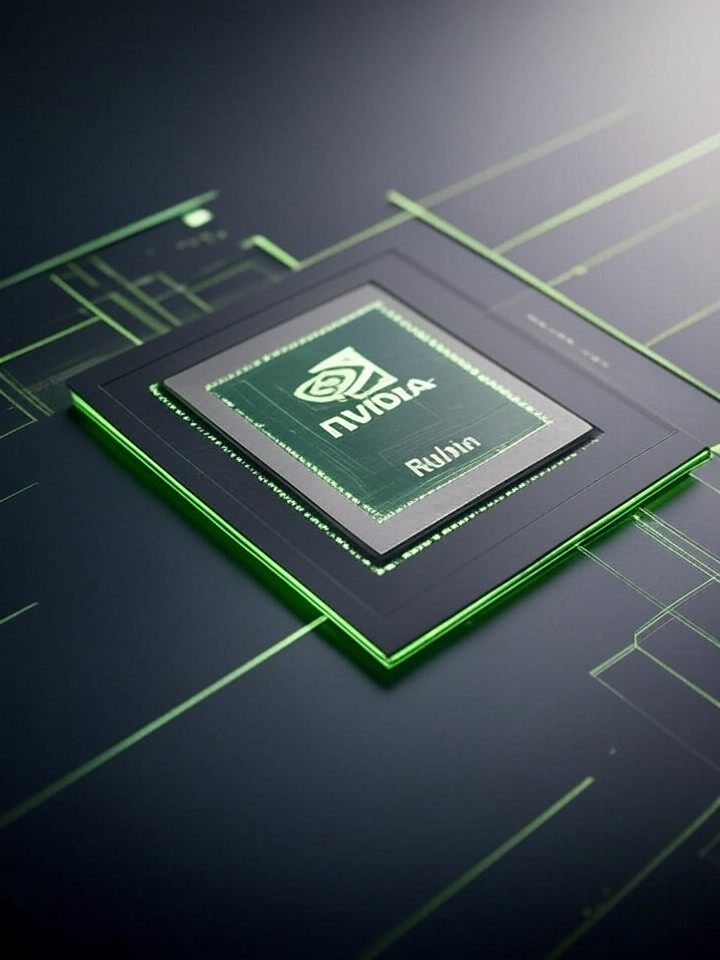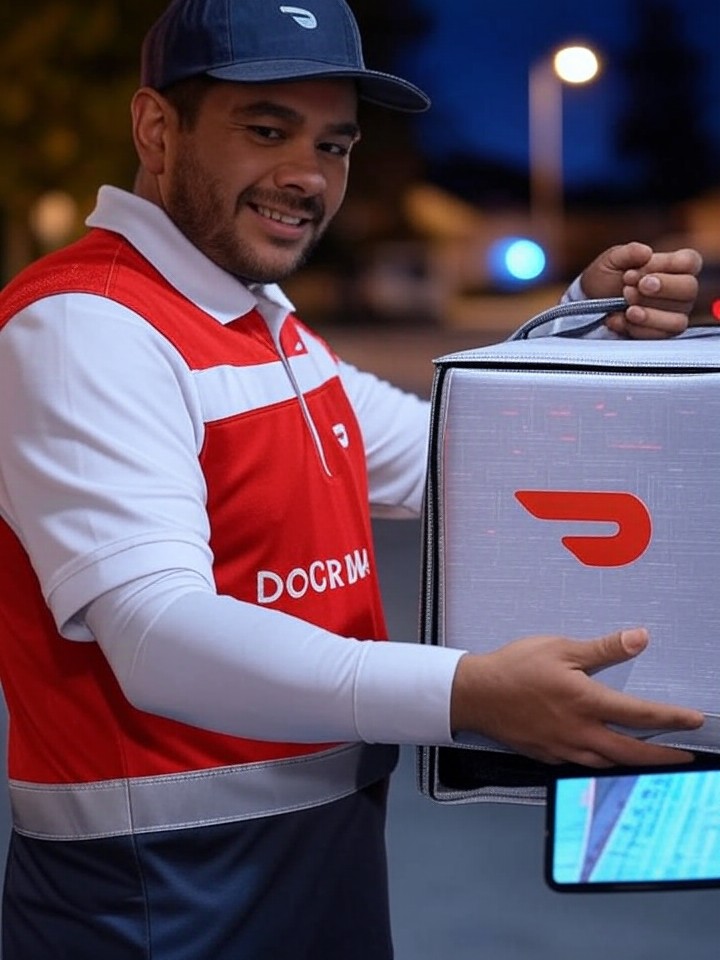Researchers Say AI-Powered Medical Imaging Tech Could Cut Radiation Exposure
Introduction: Transforming Medical Imaging with AI
Recent advancements in artificial intelligence (AI) have opened new horizons for reducing radiation exposure in medical imaging. Researchers worldwide are increasingly exploring how AI-powered technologies can improve diagnostic imaging quality while minimizing the dose of radiation patients receive. This breakthrough promises to enhance patient safety without compromising the accuracy and reliability of critical medical scans.
The Importance of Reducing Radiation Exposure in Medical Imaging
Medical imaging techniques such as computed tomography (CT) scans, X-rays, and fluoroscopy use ionizing radiation to create detailed images of the inside of the body. While these tools are indispensable for diagnosing a wide array of medical conditions, exposure to radiation carries inherent risks, including potential damage to tissues and increased lifetime risk of cancer.
According to the American College of Radiology (ACR), it’s essential to always adhere to the ALARA (As Low As Reasonably Achievable) principle when using radiation in clinical settings. Therefore, innovations that can achieve high-quality images with lower radiation doses are crucial.
How AI-Powered Medical Imaging Works to Cut Radiation
Advanced Image Reconstruction Algorithms
One of the key uses of AI in medical imaging is sophisticated image reconstruction. AI algorithms, particularly those based on deep learning, can analyze low-dose imaging data and reconstruct high-quality images that maintain diagnostic clarity. This ability allows radiologists to operate scanners at lower radiation doses without sacrificing image detail.
Noise Reduction and Artifact Suppression
Low-dose images generally suffer from increased noise and artifacts, which can obscure important diagnostic information. AI models trained on large datasets can automatically detect and reduce such noise, enabling clearer viewing of anatomical structures and abnormalities. This enhancement not only helps in reducing radiation exposure but also improves overall diagnostic confidence.
Scientific Studies and Clinical Trials
Several prominent studies have validated the role of AI in reducing radiation while preserving image quality. For example, a 2023 study published in the Journal of Radiology demonstrated that AI-enhanced CT scans achieved up to a 40% reduction in radiation dose compared to traditional imaging techniques without loss in diagnostic accuracy.
Similarly, clinical trials in pediatric imaging have shown positive outcomes, where AI-assisted protocols have minimized radiation to children—a vulnerable population more sensitive to the effects of radiation—while still providing the necessary diagnostic information.
Potential Impact on Healthcare and Patient Safety
Integrating AI-powered imaging into routine medical practice could revolutionize how clinicians manage radiation exposure. By reducing unnecessary radiation doses, healthcare providers can significantly lower the risk of radiation-induced complications over patients’ lifetimes. Moreover, this technology may lead to faster imaging workflows and reduced need for repeat scans caused by poor image quality.
Challenges and Future Directions
Despite promising advancements, several challenges remain. These include ensuring AI algorithms are robust across diverse populations and imaging equipment, gaining regulatory approvals, and integrating AI tools seamlessly into clinical workflows. Continuous validation and ethical implementation are critical to harnessing AI’s full potential safely and effectively.
Conclusion
AI-powered medical imaging technologies represent a transformative leap forward in reducing radiation exposure while maintaining diagnostic excellence. As research progresses and AI applications become more widespread, patients and healthcare providers stand to benefit from safer, more efficient imaging practices. Ultimately, adopting these intelligent solutions aligns with the global healthcare goal of improving patient outcomes through innovation and safety.










